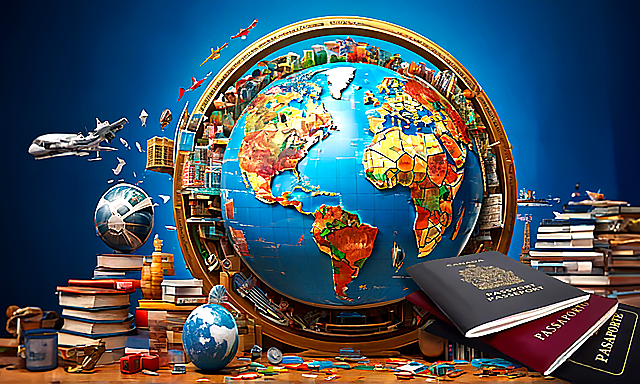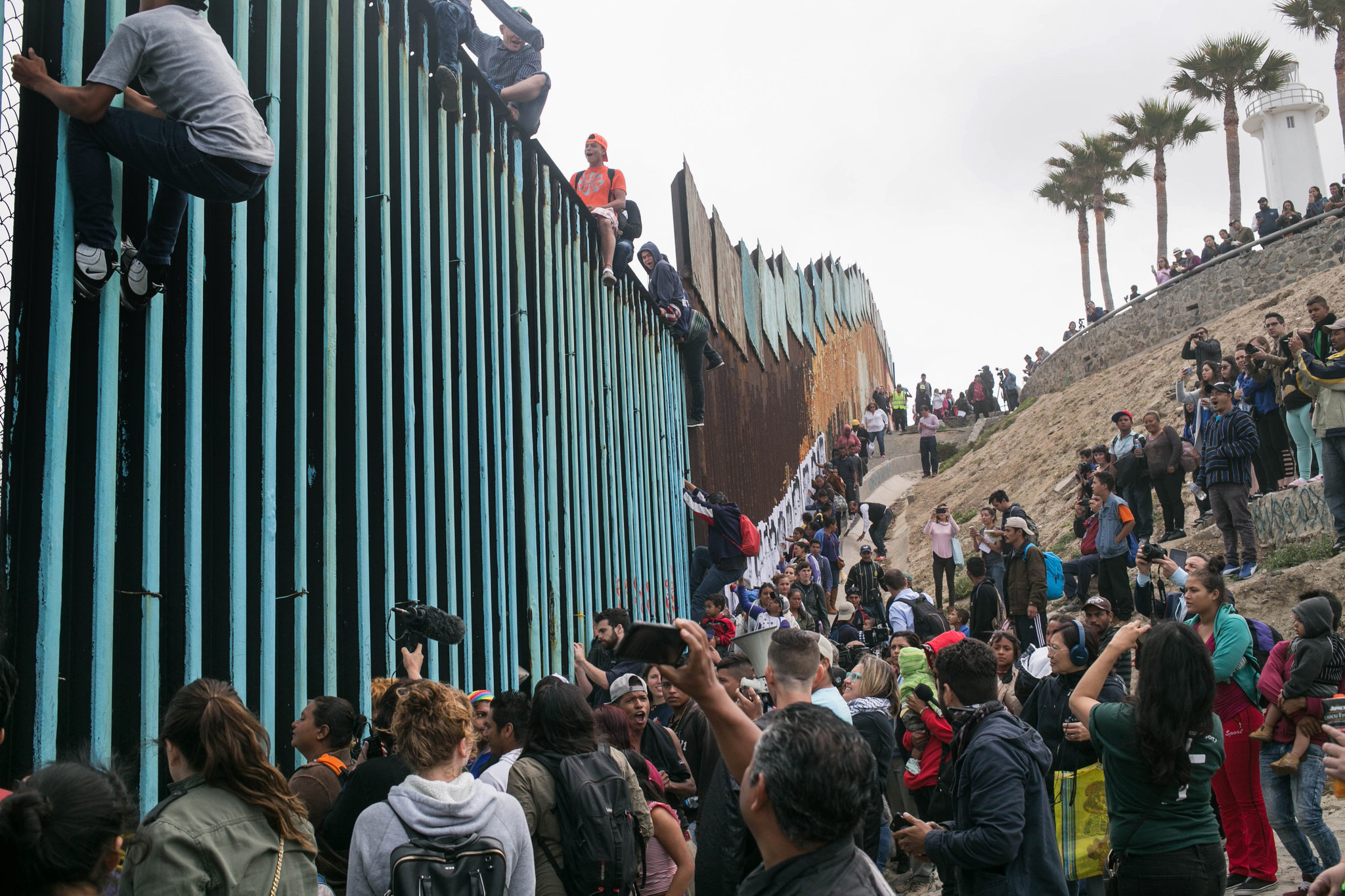Introduction
Culture is at the heart of every society—it shapes our identity, influences our values, and connects us to one another. In today’s fast-paced, interconnected world, culture is constantly evolving. With the rise of globalization, the influence of social media, and the blending of traditional and modern values, culture has never been more dynamic. The way we express ourselves, engage with others, and understand the world around us is shifting, and in 2025, cultural transformation is more prominent than ever.
Globalization: A Fusion of Traditions and Trends
The world is more connected than ever before. Thanks to globalization, cultural exchange is happening at an unprecedented rate. Music, fashion, cuisine, and art from different corners of the globe are influencing one another, leading to hybridized forms of self-expression. Traditional customs and practices are being integrated with modern trends, creating a unique cultural blend that appeals to global audiences.
Take, for instance, the global rise of K-pop. South Korean music, once limited to regional audiences, is now a cultural phenomenon with millions of fans worldwide. The fusion of traditional Korean music with Western pop elements has created a new cultural force that transcends borders. Similarly, fusion cuisines like sushi burritos or Korean tacos reflect how culinary traditions are mixing to create something exciting and new.
Social Media: The New Cultural Playground
Social media has become a dominant force in shaping contemporary culture. Platforms like Instagram, TikTok, and YouTube are not just tools for entertainment—they’re cultural hubs where trends are born and spread rapidly. In 2025, these platforms continue to drive cultural change by enabling individuals from all walks of life to showcase their creativity, share their experiences, and influence one another.
Memes, viral challenges, and trending hashtags now serve as powerful vehicles for cultural commentary and collective expression. Social media has democratized culture, allowing anyone with a smartphone to become a cultural creator. The ability to instantly connect with like-minded individuals from across the world has fostered a sense of community that transcends geographic and cultural boundaries.
Celebrating Diversity: A Global Cultural Tapestry
Cultural diversity is more than just a buzzword—it’s a value that is increasingly being celebrated and prioritized in the 21st century. In 2025, there is a greater recognition of the importance of inclusivity, equity, and representation in all aspects of culture. From entertainment to politics, people are demanding that diverse voices and perspectives be heard and respected.
In the entertainment industry, for example, representation of different races, genders, and identities is no longer a niche—it’s becoming the norm. Movies, TV shows, and advertisements are reflecting the rich diversity of the global population. The push for authentic representation is also present in literature, art, and fashion, where marginalized voices are finding platforms to tell their stories and share their cultures with the world.
The Influence of Technology on Culture
Technology is not just changing how we communicate—it’s changing how we experience culture. Virtual reality (VR) and augmented reality (AR) are opening new possibilities for cultural experiences. Museums, concerts, and theatrical performances are being reimagined through immersive technologies, offering audiences a chance to engage with art and history in entirely new ways.
Moreover, AI is playing a role in shaping cultural creation. From AI-generated art to music created by algorithms, technology is becoming a partner in the artistic process. As a result, the line between human creativity and machine innovation is becoming increasingly blurred, raising interesting questions about the future of culture and creativity.
Conclusion
The landscape of culture in 2025 is rich, diverse, and ever-evolving. The fusion of global influences, the rise of social media, the celebration of diversity, and the integration of technology are all contributing to a cultural revolution. Today’s culture is not confined to a single place or time—it is a dynamic, interconnected web that reflects the complexity of the modern world. As we continue to embrace and contribute to this cultural evolution, we are not only shaping the future of culture but also our collective identity as a global society.



